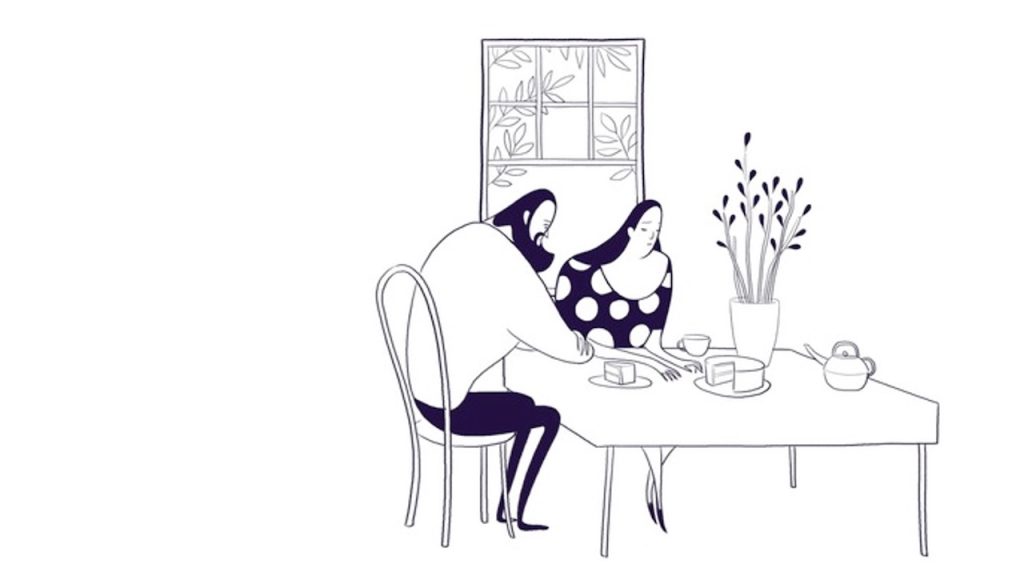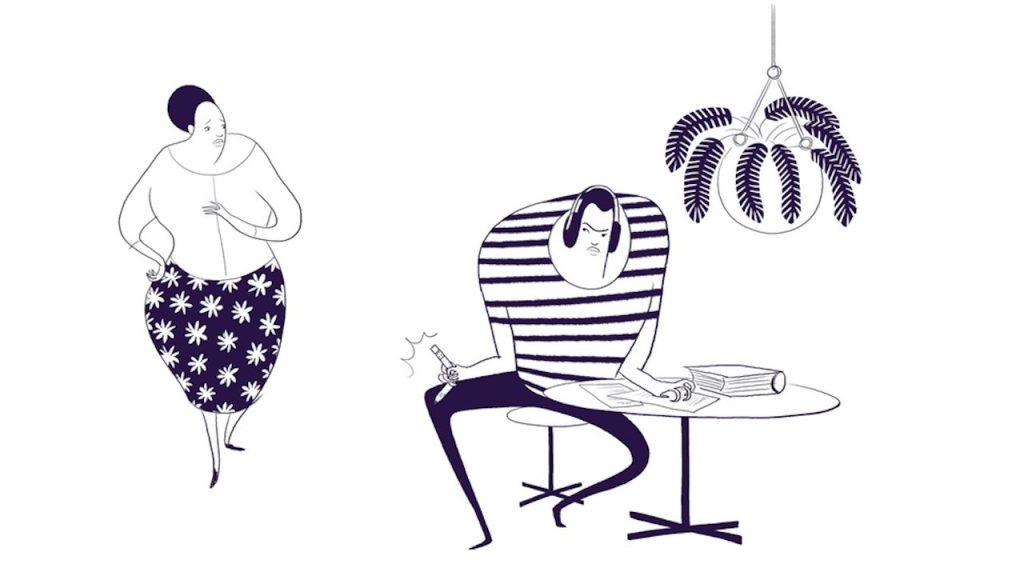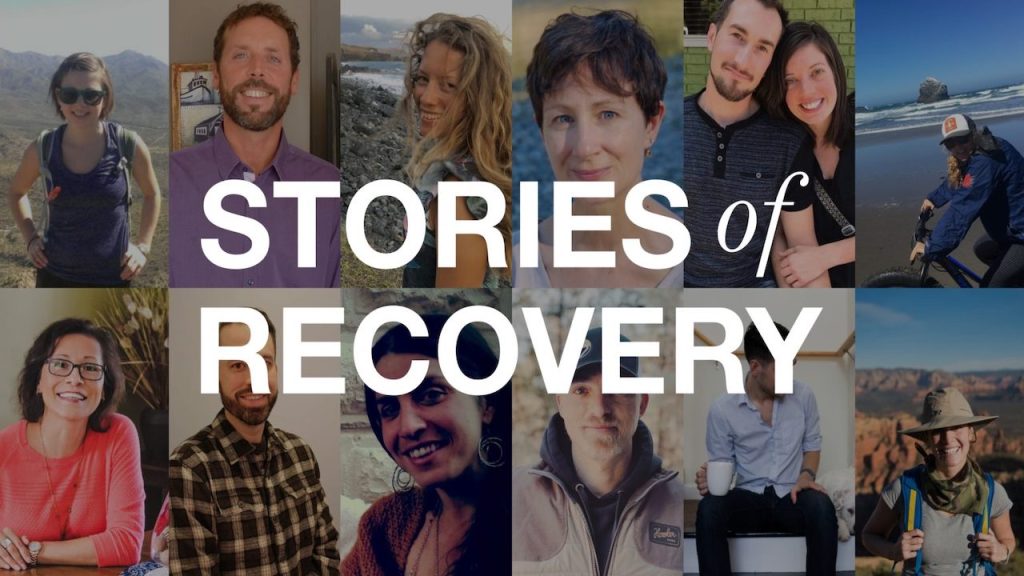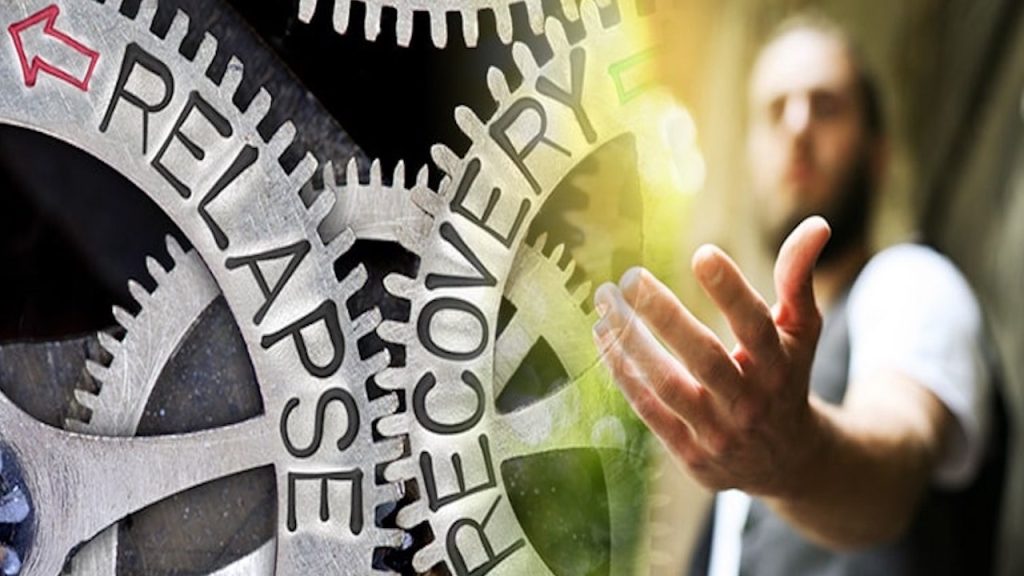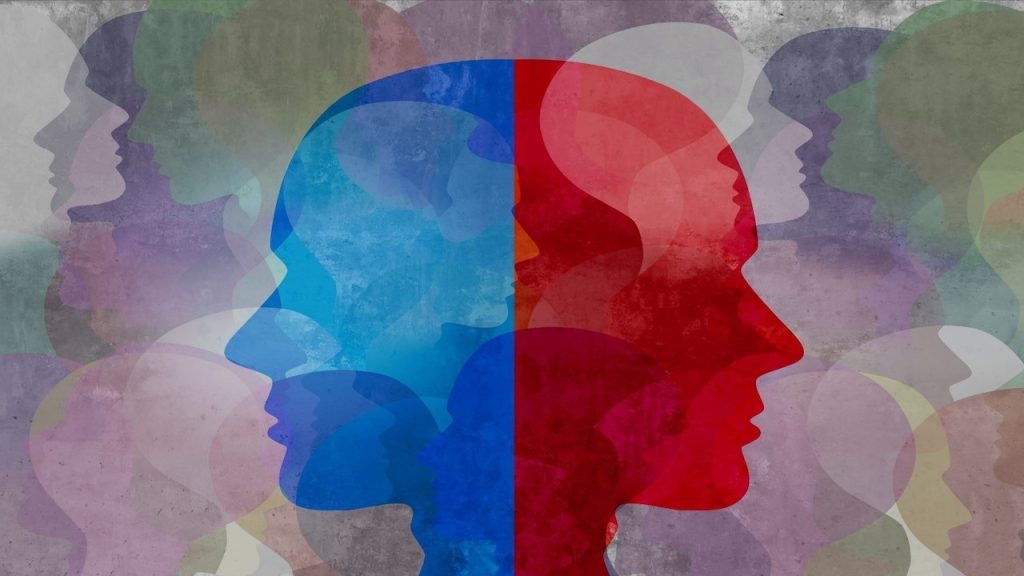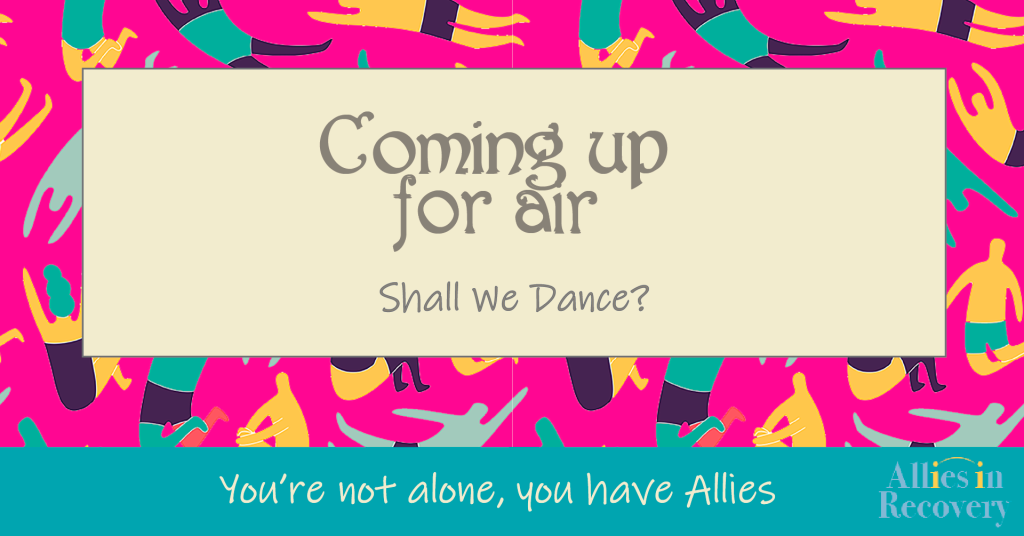She Wants to Borrow the Car…And We’re Uneasy


This Allies member’s daughter agreed to treatment for alcohol and is heading home soon. Where does CRAFT stand on letting a loved one borrow the car to get to work? What about installing a breathalyzer?
* This post originally appeared on our Member Site blog, where experts respond to members’ questions and concerns. Sign up now for our special offer and begin our eLearning program, or just look at membership options, see this page.
“Our 20 year old daughter was hospitalized for alcohol abuse a week ago, and is now in a rehab facility. We thought that she had not been using alcohol for the past year, but she came to us and told us that she had, in fact, been drinking again for the past several months and wanted to quit, leading to her recent hospitalization and placement in the rehab facility. Prior to her hospitalization, she was using one of our cars to drive to work and to appointments with her therapist and psychiatrist.
We just joined Allies in Recovery, and have not yet completed all of the Modules. The softer approach that is recommended, is similar to the approach that we have taken with her and we appreciate this. But, because of the very serious safety issues if she were to drive while intoxicated, we are considering installing a breathalyzer in the car. The only other alternative we can realistically consider is to take the car away from her.
What are your thoughts on the use of a breathalyzer in the car?”
Dominique Simon-Levine helps guide this mother through these difficult decisions
Your daughter is in early recovery from alcohol misuse, and needs a car to get to work.
There are many hard decisions and negotiations with a loved one who is struggling with substance issues. Use of a car is one common dilemma. Cars in our society are pretty much a necessity, the alternatives being time-consuming and much less comfortable.
The Learning Module on rewarding non-use, available to our members (view an excerpt here) could frame the lending of a car as a reward for non-use. “Thank you for addressing your drinking problem, promise not to drink and you can use the car today….”
Your daughter is newly sober again after a long period of secretly drinking. It appears she had everyone thinking she was not drinking. She is newly out of a short-term inpatient treatment and is attending therapy and seeing a psychiatrist. This is tremendous news. Relapse happens. The question is what you do about it. However it happened, your daughter agreed to seek care and is continuing to do so.
Your comfort is key when you’re rewarding
When we talk of rewards though, in Learning Module 5 (view an excerpt here), we underline the point that you, the family, have to be comfortable giving that particular reward. Your comments suggest however, that you’re not.
Module 5 also talks about not rewarding if there is the possibility of danger (All 8 Modules are available on our member site). Your daughter was drinking in secret; you couldn’t tell then, and you might not be able to tell now, though you are almost certainly on high alert now.
So do you put out the message of trust by lending her the car, when you are unsure she can abide to not drinking and driving? Do you put aside your own discomfort and the worry lending the car is likely to create for you?
Is it too harsh to equip the car with a breathalyzer…too harsh? Or a good support for your boundaries?
The breathalyzer is an interesting solution. It makes obvious the severity of the problem and takes responsibility of car lending decisions out of your hands. It is also an unmistakable acknowledgement of the problem and pushes the responsibility of driving safely onto your daughter. Law enforcement uses it and is a respected method to block drunk driving.
If you decide to offer the breathalyzer as an option, it could sound something like this:
“I (whoever is better heard and more influential) am proud of your willingness to address the drinking. You are doing the hard work of getting sober. Thank you. I’ve thought about the car and I realize that I am too worried to lend it to you for now. It would upset the peace in my day to think of you possibly drinking and driving. I hope you can agree that we are not there yet. One idea I have is to install a small breathalyzer in the car so that you can continue to drive yourself to your appointments. We can also look into public transport or, when possible, I could drive you. This isn’t forever, but for now this is what I’ve come up with. Which of these ideas are you willing to try?”
Don’t forget your own peace of mind
When considering rewards (the car is a privilege and reward) it must be something you can give easily and it must be safe. If the reward is a stretch for you, don’t do it. Your peace of mind matters.
The opposite is also true: if the removal of the reward is a stretch or the natural consequence from using a drug or alcohol is not safe, don’t remove the reward; don’t allow the natural consequence. There will be other opportunities to reward when you see non-use, or to remove the reward or to allow a natural consequence when you suspect use.
Thank you for writing in. This is an issue many families on this site are sure to have.
Since 2003, Allies in Recovery has addressed substance abuse in families by providing a method for the family to change the conversation about addiction. We use Community Reinforcement & Family Training (CRAFT), a proven approach that helps the family unblock and advance the relationship towards sobriety and recovery and to engage a loved one into treatment. Learn about member benefits by following this link.



